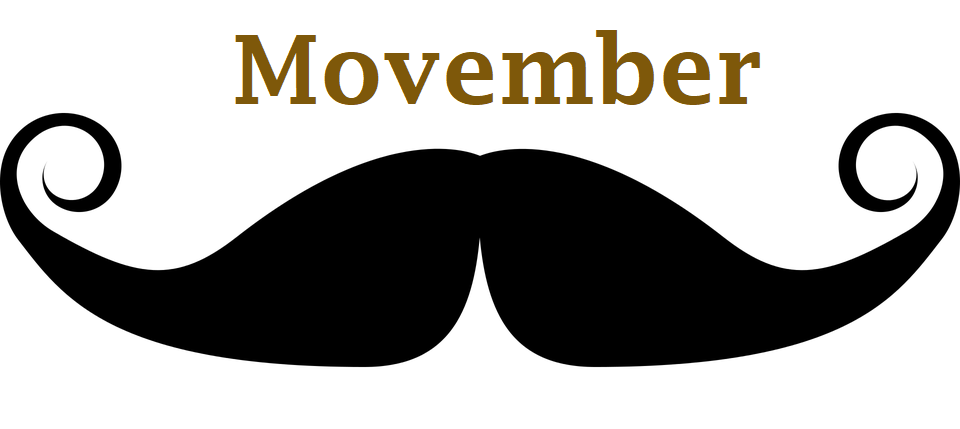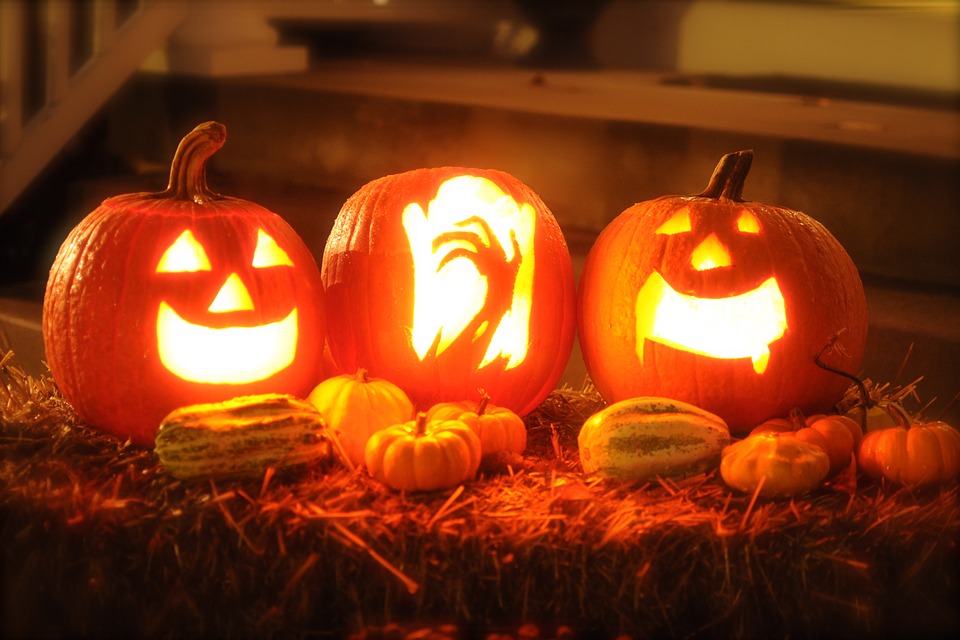Sound, language and emotion have strong links. Over 130 years ago, Darwin suggested that speech and melody have the same ancestor. Now two academics have returned to the idea and are currently researching the connection between sound and emotion in relation to
The Connection Between Sound, Language and Emotion










